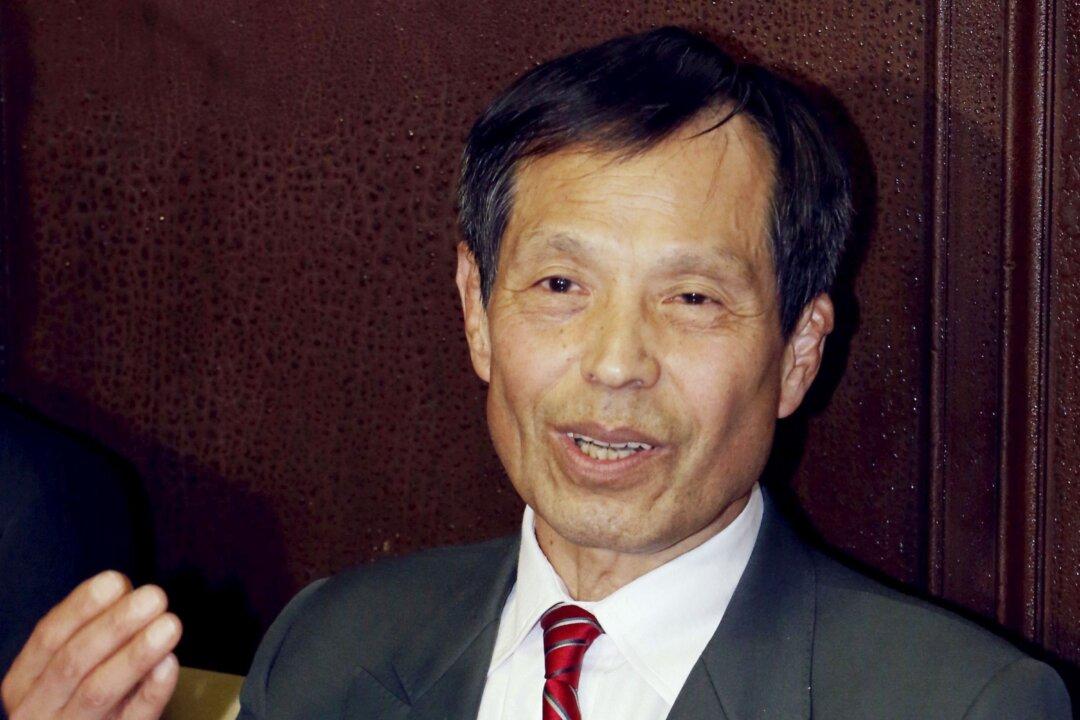TOKYO—A Japanese lawmaker is being criticized for saying President Barack Obama was a descendant of black slaves and so would have been an unthinkable presidential choice in America’s early history.
Kazuya Maruyama, a lawyer-turned-lawmaker in Prime Minister Shinzo Abe’s ruling party, apologized hours after making the remark at a parliamentary constitutional panel, saying it was misleading.
“Today, America has a black person as President. A person who inherits black people’s blood. Frankly speaking, they were slaves,” he said Wednesday, then went on to explain how civil rights improved in the U.S. “Back at the beginning of U.S. history, it would have been unthinkable that a black person, a slave, would become President. That’s how dynamic a transformation this country makes.”
Opposition lawmakers demanded Maruyama resign over the comment, but it wasn’t clear what they considered insulting, except it could have sounded racist and seemed mistaken about his ancestry. Obama’s father was from Kenya. The president has spoken often about America’s racial history and what it means for him to be the first black U.S. president.
Japanese often exercise self-restraint or overreact to certain words and actions to avoid controversy. A zoo last year was accused of insulting British royals by naming a baby monkey Charlotte for the British princess, but it kept the name as the public’s choice.
The U.S. Embassy declined to comment.
“It was outrageous. The remark could have been interpreted as an insult to the U.S. president. It’s an extremely serious problem that could even hurt Japan’s diplomatic relations,” said Yosuke Kamiyama, a member of the main opposition Democratic Party of Japan, during a parliamentary session Thursday.
Maruyama denied any racist intent.
The remarks were made as he questioned experts about a revision to Japan’s constitution, which has never been amended since it was drafted by the United States during its post-World War II occupation. He noted there would be no problem if Japan becomes America’s “51st state” and that would allow people from “the state of Japan” to become U.S. president. Then he mentioned Obama.
He quit the constitutional panel Thursday but refused to resign as lawmaker.






